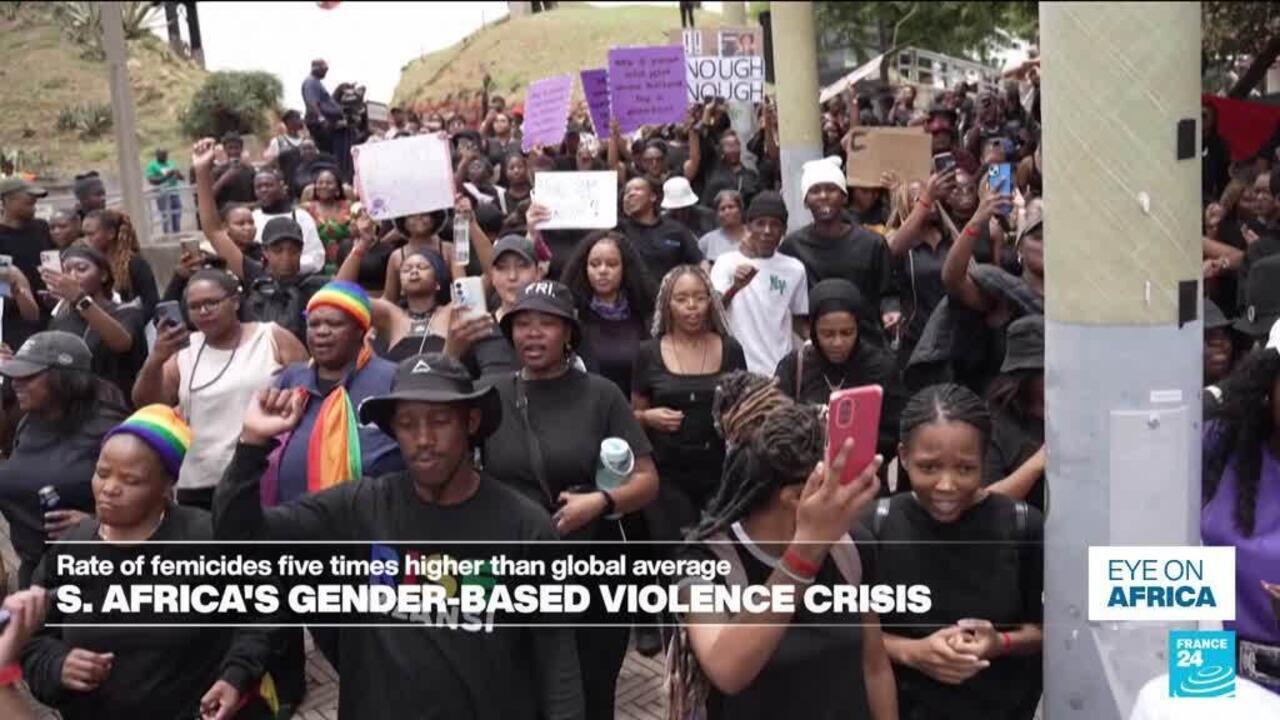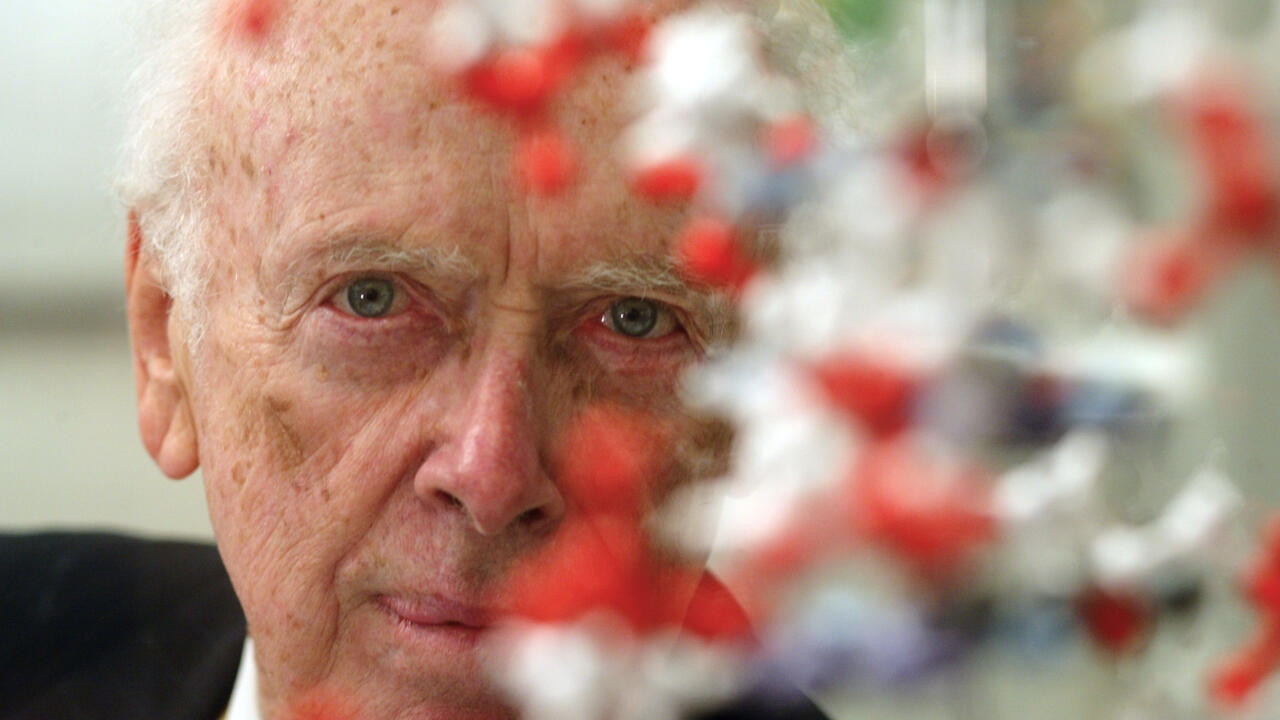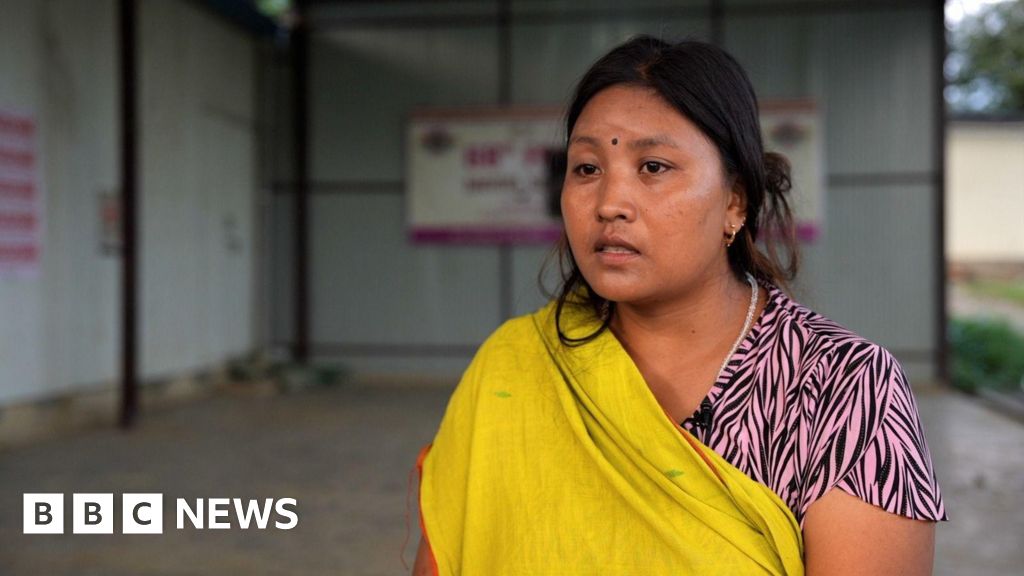The word "businessman" has been branded offensive by an international economics organisation. The Paris-based Organisation for Economic Co-operation and Development (OECD) also recommends avoiding use of the words "sportsmanship", "ladies and gentlemen" and "gentleman's agreement" in a guide on inclusive language.
Instead, policy wonks are being encouraged to use gender-neutral language, which "removes assumptions" about gender identity, roles and relationships. Rather than using "businessman" or "businesswoman", the guide suggests "businessperson" be used. The guide calls on employees to favour "gender-neutral alternatives" over "outdated or offensive terms".
Further words, including "fireman", "chairman", "mankind", "husband", "wife", "mothering", "fathering" and "mankind" are also in the firing line.
Instead, OECD staff should use the words "firefighter", "chair", "humanity", "spouse", "parenting" and "humanity" respectively.
Lord Young, Secretary-General of the Free Speech Union said the guide shows the organisation has been "captured by radical progressive ideology".
He told the Telegraph: "The OECD is typical of elite European institution. Instead of doing its job, which is to promote free trade and economic growth, it’s been captured by radical progressive ideology and now thinks its role is to promote social justice."
In the abstract to its guide, the OECD states use of inclusive language reflects its commitment to equality, diversity and inclusion.
It adds that such language ensures content is "respectful, accurate and accessible to a global audience".
The OECD isn't the only international institution to have adopted gender-neutral language. The European Parliament, United Nations, World Health Organisation and International Labour Organisation have also developed their own guides.
Supporters of such guidance argue gender-inclusive language isn't political correctness but about treating both sexes equally.
In Britain, inclusive language guides are used by universities, parliament, charities, non-governmental organisations, the civil service and more.
Equality and Diversity UK argues that inclusive language allows everyone "to feel recognised, valued, invited and motivated to contribute at their highest level".

 1 month ago
28
1 month ago
28










 English (US) ·
English (US) ·